
SEO vs. PPC: Making the Right Marketing Choice
- Nira Edge
- August 21, 2023
- Blog, Digital Marketing, Marketing Tips, PPc, SEO, SEO Optimization
- Marketing, PPC, SEO, SEO Optimization, SEO VS PPC
- 0 Comments
In digital marketing, two prominent ways to attract and engage your target audience are Search Engine Optimization (SEO) and Pay-Per-Click (PPC). But how do you decide which is right for your business?
Understanding the pros and cons of each can provide a more precise direction. In this guide, we’ll delve deep into the world of SEO and PPC, exploring their unique advantages and drawbacks and how they can work together for optimal results.
1. The Basics of SEO (Search Engine Optimization
At its core, SEO involves optimizing your website to appear higher in the organic search results of search engines like Google and Bing. This can be achieved through various techniques, including refining website content, enhancing site structure, and earning backlinks from reputable sources.
Advantages of SEO:
1.1 Organic Visibility
You’ll attract more sustainable and long-term traffic by improving your website’s visibility in organic search results. Unlike PPC, where your visibility is contingent on your ad budget, well-optimized sites can maintain their ranking and continue to draw traffic over time.
1.2 Credibility
A study found that users often trust organic search results more than paid ads. This trust translates to higher credibility for websites that appear at the top of organic search results.
1.3 Cost-Effective in the Long Run
While SEO might require an initial investment, whether in terms of hiring experts or procuring essential tools, once your site ranks well, you don’t have ongoing costs per visitor.
1.4 “Free” Clicks
Although it takes effort and some financial outlay to rank well, the clicks you get from organic rankings do not cost you directly.
Drawbacks of SEO:
1.5 Time-Intensive
SEO is not an overnight strategy. Seeing significant movement in rankings can take weeks, months, or even longer.
1.6 Uncertain Rankings
Search engine algorithms are known to change, affecting your website’s ranking.
1.7 Initial Investment
Starting with SEO often requires an upfront investment in tools, content, and professional assistance.
2. Diving into PPC (Pay-Per-Click)
PPC advertising allows businesses to pay for visibility on search engine results pages (SERPs). Platforms like Google Ads or Bing Ads display your ad when users search for specific keywords you’ve bid on.
Advantages of PPC:
2.1 Immediate Results
Unlike SEO, PPC campaigns offer immediate visibility. Your ads can start drawing traffic as soon as your campaign is live and your bid is competitive.
2.2 Targeted Advertising
PPC platforms offer granular targeting options. This means you can ensure your ads appear for the most relevant audience.
2.3 Measurable ROI
With detailed analytics provided by PPC platforms, you can easily measure your return on investment and make necessary adjustments.
2.4 Flexibility
PPC campaigns offer real-time adjustments. If an ad isn’t performing well, tweak it on the fly.
Drawbacks of PPC:
2.5 Costs Can Accumulate
For competitive industries and keywords, click costs can be high, and budgets can be consumed rapidly.
2.6 Ad Blindness
Some users tend to ignore ads, focusing instead on organic results.
2.7 Short-Term Strategy
Unlike SEO, when you pause your PPC campaign, your visibility disappears.
2.8 Learning Curve
Managing PPC campaigns effectively requires a strong understanding of the platform and best practices.
3. In Conclusion: SEO, PPC, or Both?
There’s no one-size-fits-all answer. Choosing between SEO and PPC depends on your immediate goals, budget constraints, and long-term objectives. PPC might be the way to go if you’re looking for quick results and have a budget. If you’re after sustainable growth, investing time and effort into SEO could yield lasting benefits.
However, many businesses find the best approach is to combine both. By leveraging the immediate visibility of PPC and the long-term benefits of SEO, they create a comprehensive digital marketing strategy that capitalizes on the strengths of both approaches.
FAQs
Marketing automation can benefit businesses of all sizes; small ones can mainly utilise this tool to streamline operations and compete effectively in today's marketplace.
Marketing automation strengthens customer relationships by providing relevant, timely content addressing customers' needs and preferences.
Marketing automation makes personalisation possible: tailor messages based on customer behavior, preferences and demographics.
Effective management of automation tools requires proficiency in data analysis, content creation and understanding customer behavior - these are invaluable attributes of successful management of automated tools.
While automation handles repetitive tasks, human intervention is necessary for strategic decision-making, content creation, and maintaining a personal touch.
Related Posts

- Nira Edge
- June 20, 2023
Digital Marketing: Unlocking Success in the Online World
Introduction: Embracing the Power of Digital Marketing In today’s fast-paced and ever- ..
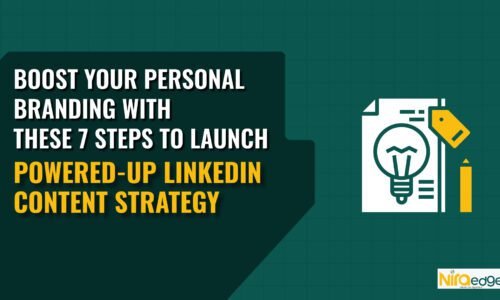
- Nira Edge
- August 25, 2023
7 Steps To Launch A Powered-Up LinkedIn Content Strategy For Personal Branding
LinkedIn has become a goldmine for professionals looking to build their personal brand and expa ..

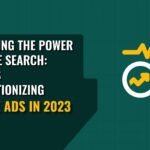
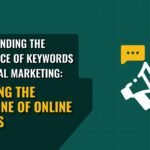

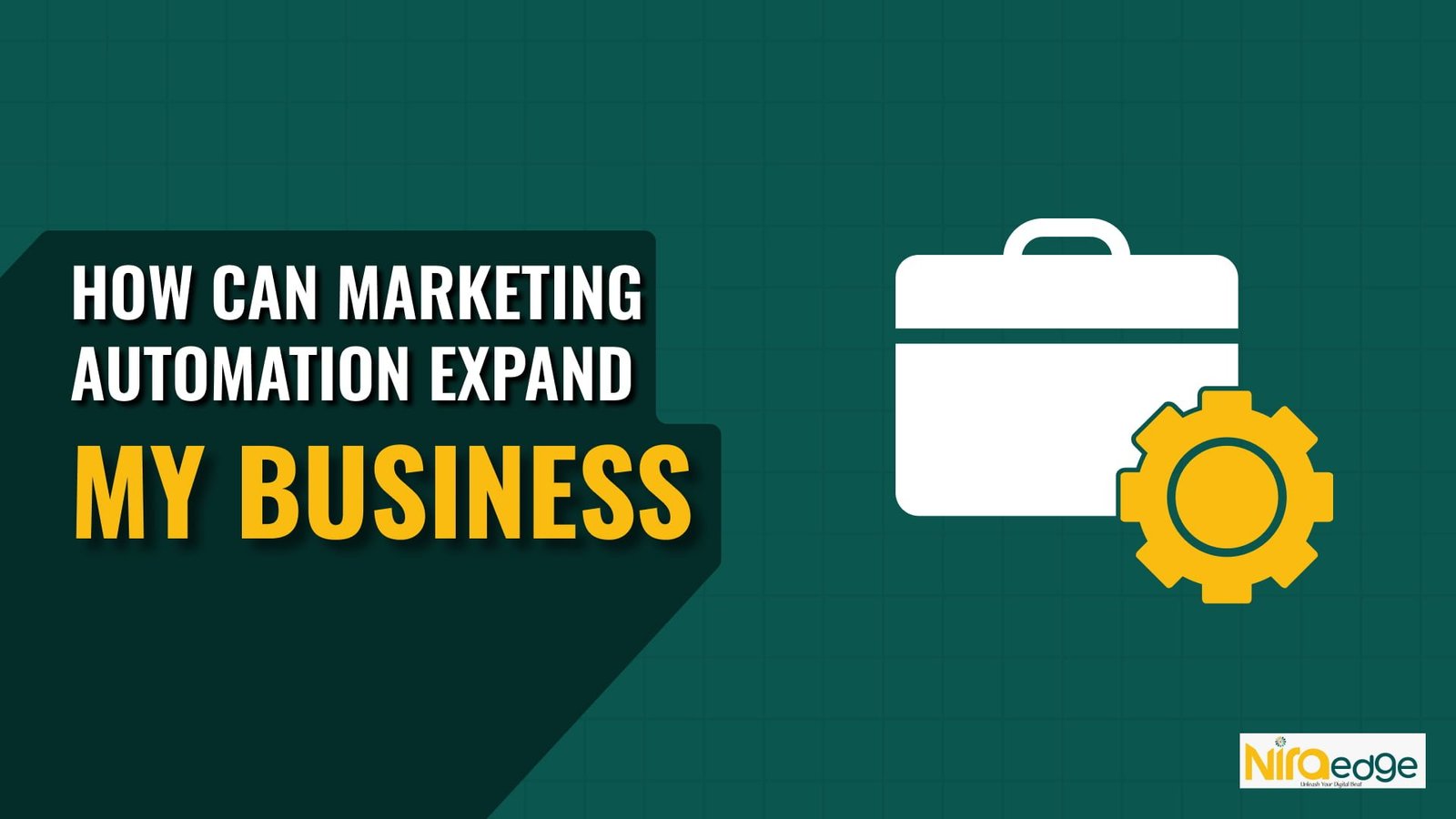

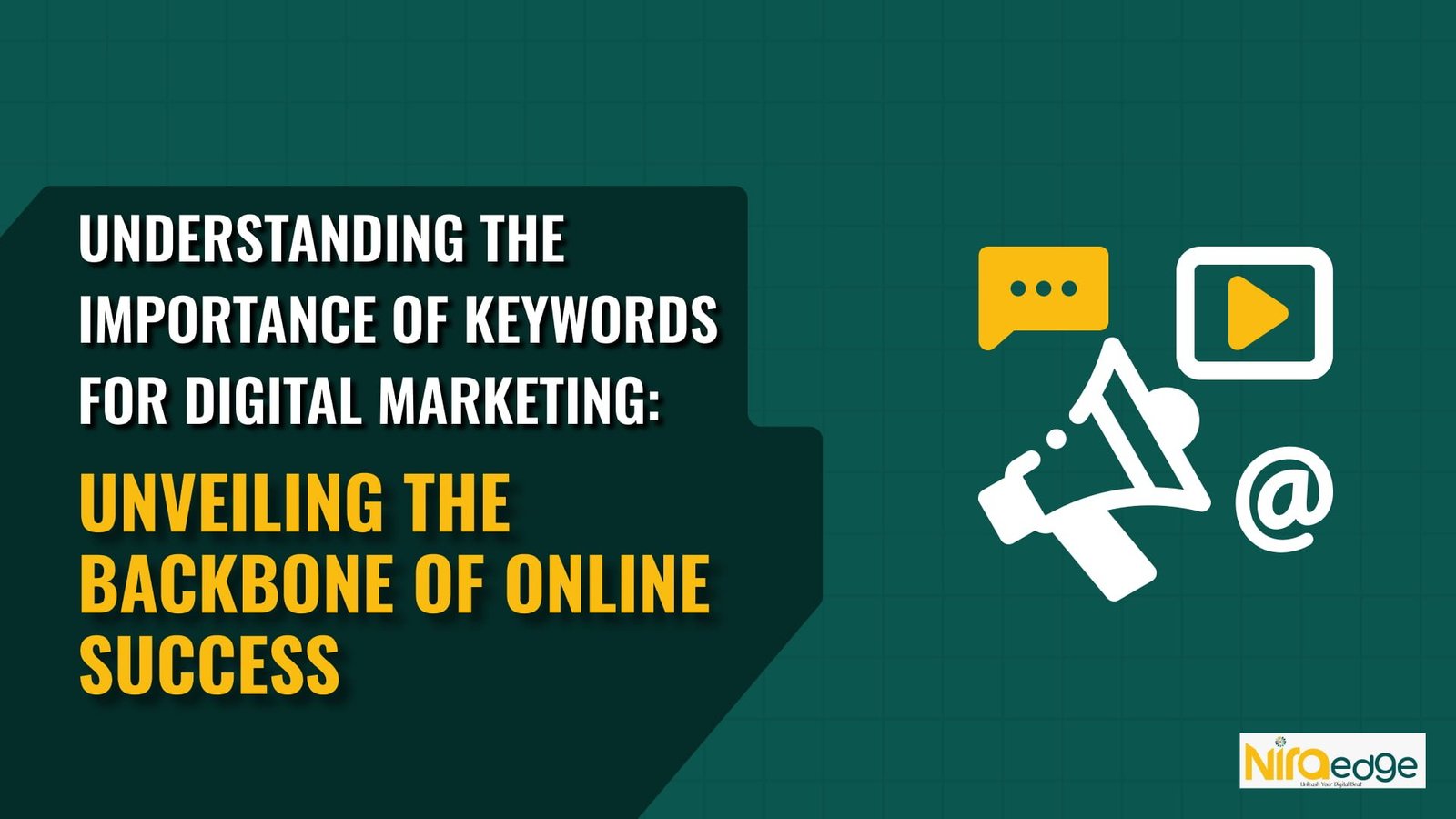

Leave A Comment